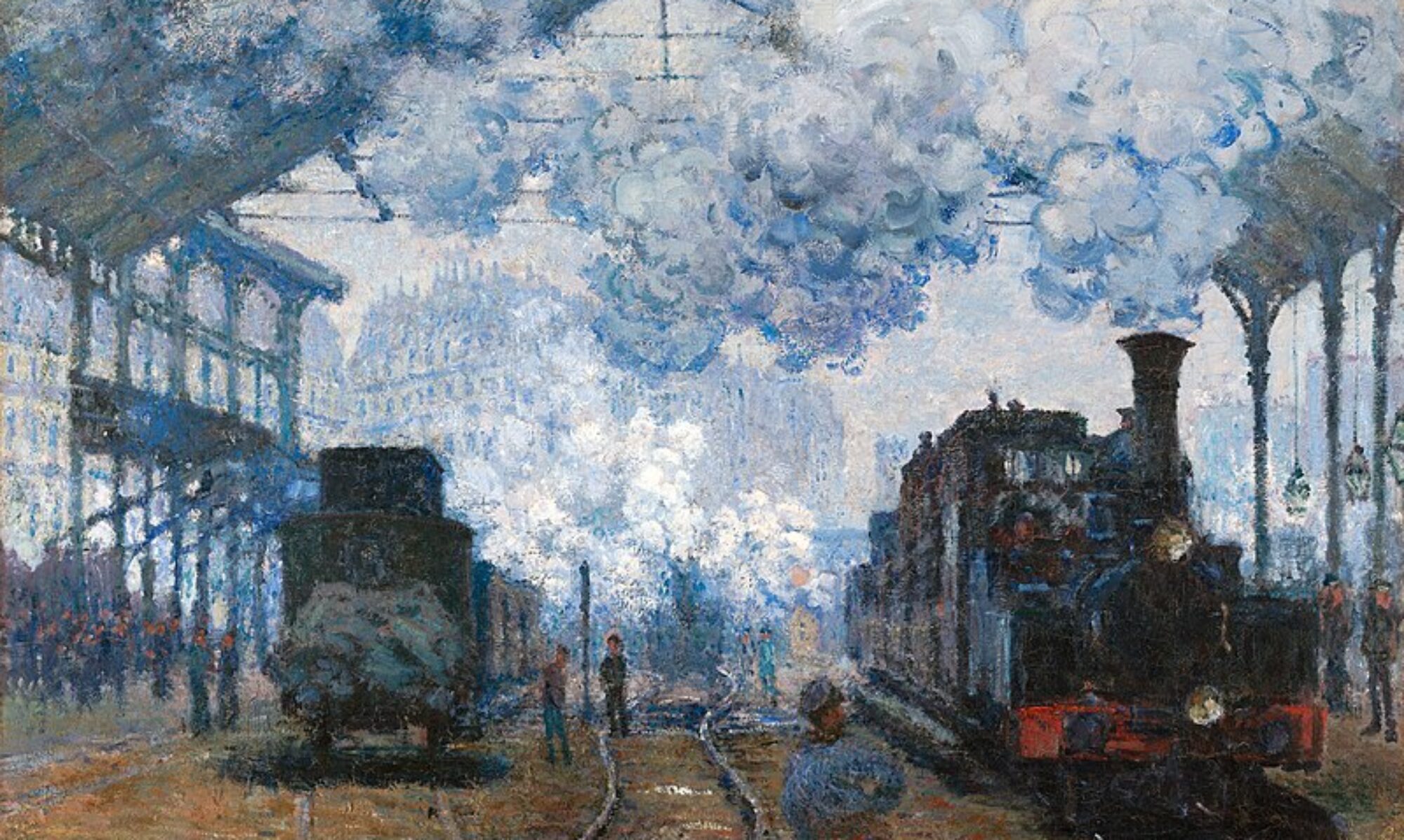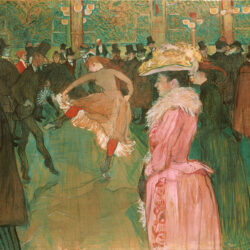In the “Characteristics of the women of England”, Ellis exaggerates that middle-class households could only be successful if the women focused solely on the well being of their household. She describes these women as “… guardians of comfort of their homes” (page 156). Without women the house will go into chaos. Even though, a key factor of success in these houses were to have women, they were still going without recognition. Why is it that women play such a huge role in England yet get no recognition? Was it because they would always be seen as inferior to men or because no one really saw their actions as being important?


Making the Modern World: Europe in the 19th Century
Liberalism and socialism and imperialism, oh my!
Throughout the readings, we are exposed to different aspects of European women’s lives in the eighteen hundreds and I think you bring up an interesting question about why society undervalues the part women played in the home sphere. Did it start because they were viewed as inferior or were the traditional actions completed by women (birthing and raising a child) first undervalued and that resulted in women being viewed as less than? I think an interesting idea to explore is which came first, personally I believe that they are connected in such a way that it makes it hard to determine which truly came first. However, I think it is worth taking a look into what capitalistic societies typically value which is usually ambition, monetary gain, aggression, among other things that were traditionally encouraged in men and discouraged in women. I think in some ways, Ellis is critiquing society herself for their disregard of the importance of women’s roles in the household, specifically with raising the next generation with the right morals. However her audience isn’t society as a whole or even the men who run the society but with women themselves.
I believe that women lacked recognition for housework despite being viewed as “guardians of comfort of their homes” as mentioned by Ellis because women were deemed inferior beings, who were unable to produce a significant amount of money. If you look at the writing from Flora Tristan called “The Worker’s Union,” she states that a working woman’s husband will find himself more superior when comparing their salaries, justifying his mastery over her. (“The Worker’s Union,” Page 198) This quote demonstrates how despite women being paid less for the same labor, men used this wage gap as justification for their perceived superiority. I am guessing that to men, women were not smart or educated enough to have skillful jobs that required some level of education. Thus, women were likely expected to have jobs that society believed to hardly require intellect, such as housework. Also, due to housework becoming associated with the “feminine,” this would lead women to not receive the recognition they deserved for their work because their jobs were “inferior.” Ultimately, society and women like Ellis viewed a woman’s job as guardian of the home to be an appropriate form of mastery that would not infringe on the husband’s mastery over her. Unfortunately, I believe that housework to men was “women’s work” which could never be viewed as equal to their own type of work or quality of work because they were “superior. “